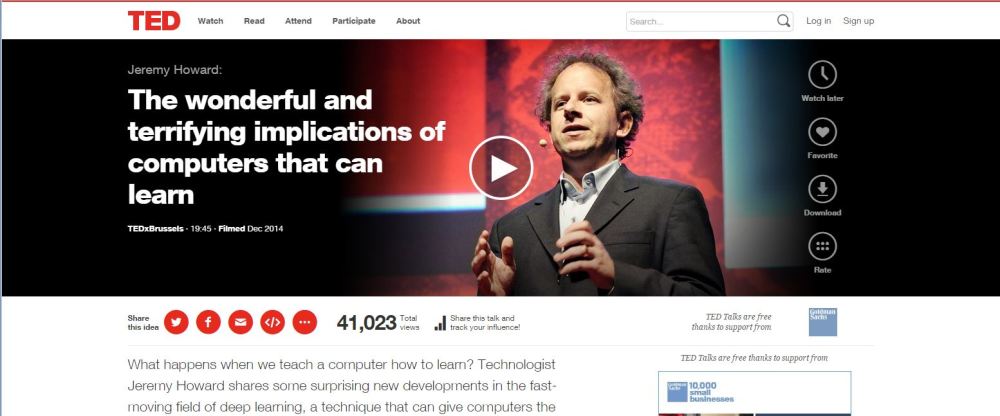When I was at the Ohio Arts Council conference yesterday, I attended a session on finance for arts and culture. This is unknown territory for me because I am familiar with grants and fundraising, but don’t really have any significant experience with finance.
One of the things I learned were the differences between Community Development Finance Institutions (CDFI) and Community Development Corporations (CDC). (Which is to say, I know slightly more than the textbook definition, but enough to start paying attention and learning more.)
There were representatives of each of these type of organizations as well as banks and venture capital firms talking about somewhat familiar financing options like bonds. There were also tools that I had no idea a non-profit organization might consider like the EB5 program which provides foreign investors with a fast track visa process.
While I had a sense that a non-profit might get funding from a revolving loan fund, I had no idea that a non-profit might actually run one. One option mentioned during the panel was possibly partnering with people to run your fund and coming in as a second layer on a loan that a bank was underwriting.
The panel made us aware of New Market Tax Credits which CDFIs sell to banks to encourage them to fund/invest in projects in low-income, high-poverty, high-unemployment communities at a lower rate. They encouraged us to Google the terms “New Market Tax Credit Arts Culture” to see what sort of projects popped up in order to get a sense of what was possible.
There were some main points the panel wanted those seeking financing to walk away from the session knowing about:
• Investors want to know how your project fits into the overall vision of: your city, foundations providing support, other funders, the community and your own organization.
• Even if they don’t explicitly say it, economic developers are looking for how the project provides cohesion in terms of issues like market change, safety and stability in the community. Economic developers don’t concern themselves about the health of an arts and cultural organization except as an attractor of new business and enhancer of quality of life. They noted one of the reasons businesses are starting to orient back toward downtowns is because the density of activity provides for connectivity and innovation.
• They emphasized that no one source will provide 100% of the funding. It is going to have to come from a mix of economic development entities, banks, public and private grants and donations.
• As a result, you need to have all parties at the table, even ones that you won’t necessarily need immediately. You don’t want to be in position where you realize you will need extra funding and go to someone at the last minute saying you need money, trying to explain your project to them and get them connected to your story.
• The panel explicitly said, if you start talking to these entities when you have a project in mind, it is already too late. You need to be telling your story and have people aware of it years in advance of soliciting support for a project.
Ultimately, it seems like you have to be telling your story every day, all the time to your immediate community in order to gain short term support for your projects and to anyone else who may ever remotely be of any use to you for a hypothetical project.
To heck with “Always Be Closing,” you need to be “Always Be Charming” (Yeah, that stinks. Anyone has a catchy phrase, let me know.)
An interesting suggestion about bolstering confidence in your organizational story was to devote part of your annual budget to enriching your endowment in order to show potential investors that you are investing in yourself.
It was notable that the first question asked after the presentation was about the shame directed at non-profits for overhead and the fact they might try to pay people a living wage. One of the panelists said people shouldn’t be ashamed and that foundations should know better.
However, I felt like he was sort of hedging when he said to break down administrative cost by task rather than by roles and titles. For example- assessment, program administration, engineering, capacity building.
I didn’t feel that overhead cost was of particular concern to the people on the panel. Their criteria for good governance and success seemed more aligned with the for-profit sector. So the fact this came up immediately may be a sign that the subject of judging an non-profit organization by overhead costs will become a more prevalent topic in the next couple years.




Thanks for what you are doing to bring cultural change to the arts. It is so important to represent everyone.…